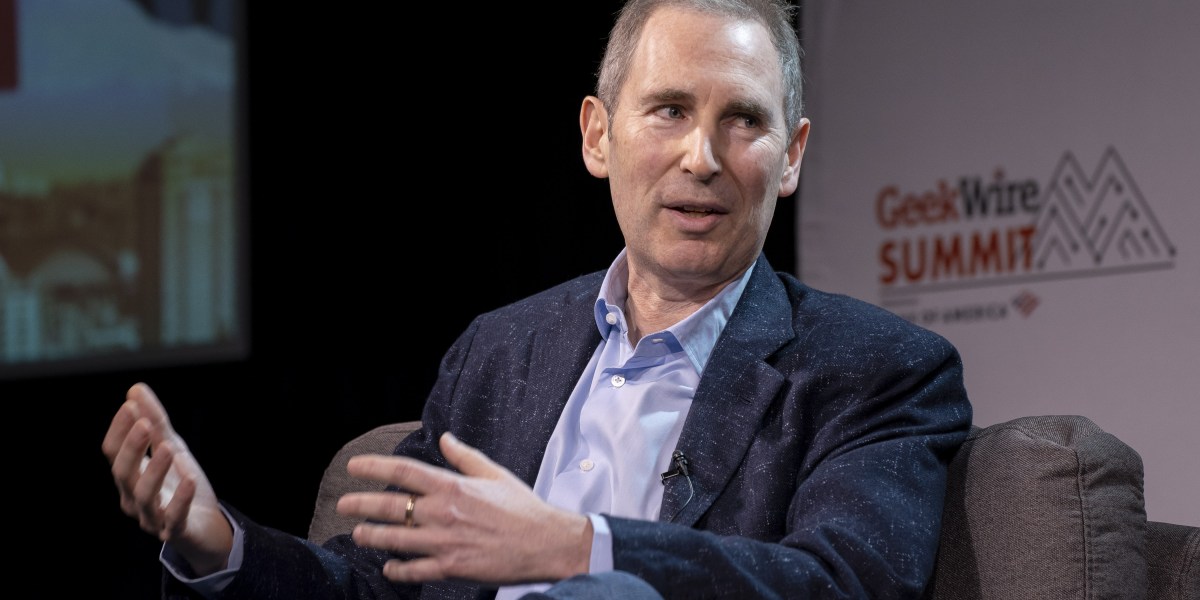
The generational dynamics of the workplace are changing fast. Boomers are retiring, and nearly all workers in their twenties are now Gen Z (born 1995-2012). According to Glassdoor, there are now more Gen Zers in the U.S. workforce than boomers.
That’s a problem, because many companies don’t understand Gen Z. It’s often difficult to separate myth from reality with the generations turning over so quickly.
That’s one reason I wrote my book Generations, which takes a deep dive into more than a dozen large surveys conducted over several decades. That means we can see what teens and young adults say about themselves, compared to previous generations at the same age. In other words, these data can tell us what is actually different about young people now as opposed to their just being young.
Gen Z in the workplace
These analyses revealed seven key insights important for recruiting, retaining, and managing Gen Z.
- Don’t count on recruiting Gen Z with promises that the job is highly interesting and great for making friends. These job characteristics do have some appeal for Gen Z young adults, but because of their age, not their generation. When assessed at the same age—in one survey, at 18 years old—Gen Z was actually less likely to value jobs that are interesting and where they can make friends than boomers and Gen Xers at the same age.
- If you’re looking to change up your recruiting strategy, emphasize how the job helps others. Gen Z values jobs that are “directly helpful to others” more than previous generations did. They also express more empathy than young adults 15 years ago and give higher marks to jobs that are “worthwhile to society.” Gen Z wants to make a difference, and that includes at work.
- Emphasize work-life balance and flexible schedules, and don’t expect as much overtime. Gen Z is less likely to say they expect work to be a central part of their lives; instead, they highly value having time for a life outside of work. When surveyed at 18 in 2021-22, Gen Zers born in 2003-05 were the least willing to work overtime of all cohorts dating back to the 1970s (see figure). They are also less likely to say they expect work to be extremely satisfying. One approach is to give Gen Z the tools they need to get their work done more efficiently, such as by reducing meetings and giving the option of working from home. Still, motivating this group is going to be challenging.
Percent of U.S. 12th graders who say they are willing to work overtime and expect their chosen work to be extremely satisfying, 1976-2022. Source: Data from Monitoring the Future analyzed by Jean Twenge for Generations.
- Prioritize mental health and wellness. Twice as many Gen Z young adults experience clinical-level depression than millennials at the same age. Perhaps as a result, Gen Z employees are more likely to ask about insurance coverage for mental health treatment and company policies around mental health and wellness. In combination with their emphasis on work-life balance, they are also more likely to request a “mental health day” to recharge. Companies that hire large numbers of college graduates, such as the accounting firm Ernst & Young, have had success offering employees a stipend to cover wellness items.
- Don’t assume that Gen Z is entitled. Entitlement is a key facet of narcissism, and narcissistic personality traits are actually lower among Gen Z college students than they were when that group was mostly millennials. Gen Z is also less confident in themselves and have lower expectations than millennials did at the same age. Where millennials were highly optimistic, Gen Z is much more pessimistic. While some millennials assumed they would be CEO of the company in 10 years, Gen Z has no such illusions. They are more realistic and practical and may need more encouragement.
- Gen Z is taking longer to grow up and thus needs more guidance. Teens today are less likely to do adult things like drink alcohol, drive, go on dates, and work during high school. Young adults take longer to get married, have children, and settle into careers, and middle-aged people look and feel younger than their parents or grandparents at the same age. The trajectory of development has slowed down at every stage of the life cycle. In the workplace, this means 22 is the new 18 and 27 is the new 22—young workers don’t have as much experience with independence and decision-making as they used to. In a recent survey of managers, one in five said they’d experienced recent college graduates bringing a parent to their job interview. With slower development, Gen Z often needs precise instructions and explicit mentoring to get up to speed. And yes, you might be seeing their parents.
- Expect informality. In the survey of managers, 47% said recent interviewees had dressed inappropriately, and 27% said they’d used inappropriate language. The idea of one authentic self—“I am the same person at work and at home”—has been building for decades, and really took off during the pandemic when remote work became the norm. There are clear upsides to being more casual and comfortable, but managers increasingly need to communicate explicit rules for dress and language. Otherwise, you’re going to have young employees showing up for work wearing pajama pants.
The workplace adapts with every generation, and every generation learns to adapt to the workplace. Gen Z is no different, though this process may take longer for them. Once they do, the workplace will never be the same. That’s all the more reason for managers to be ready for them and the sweeping changes they will bring.
More on Gen Z:
The opinions expressed in Fortune.com commentary pieces are solely the views of their authors and do not necessarily reflect the opinions and beliefs of Fortune.















